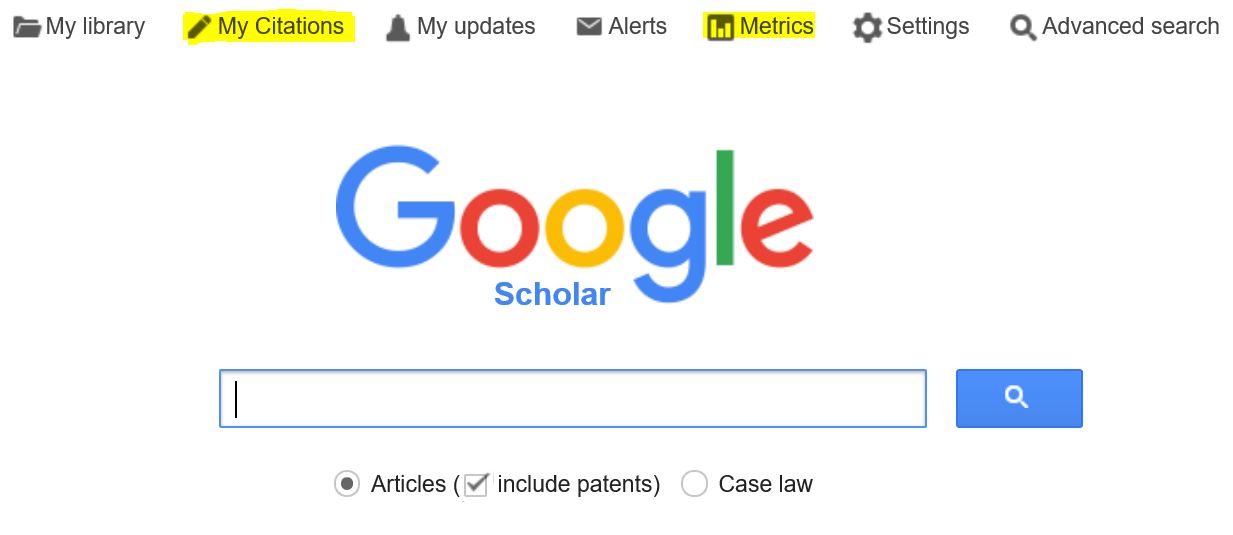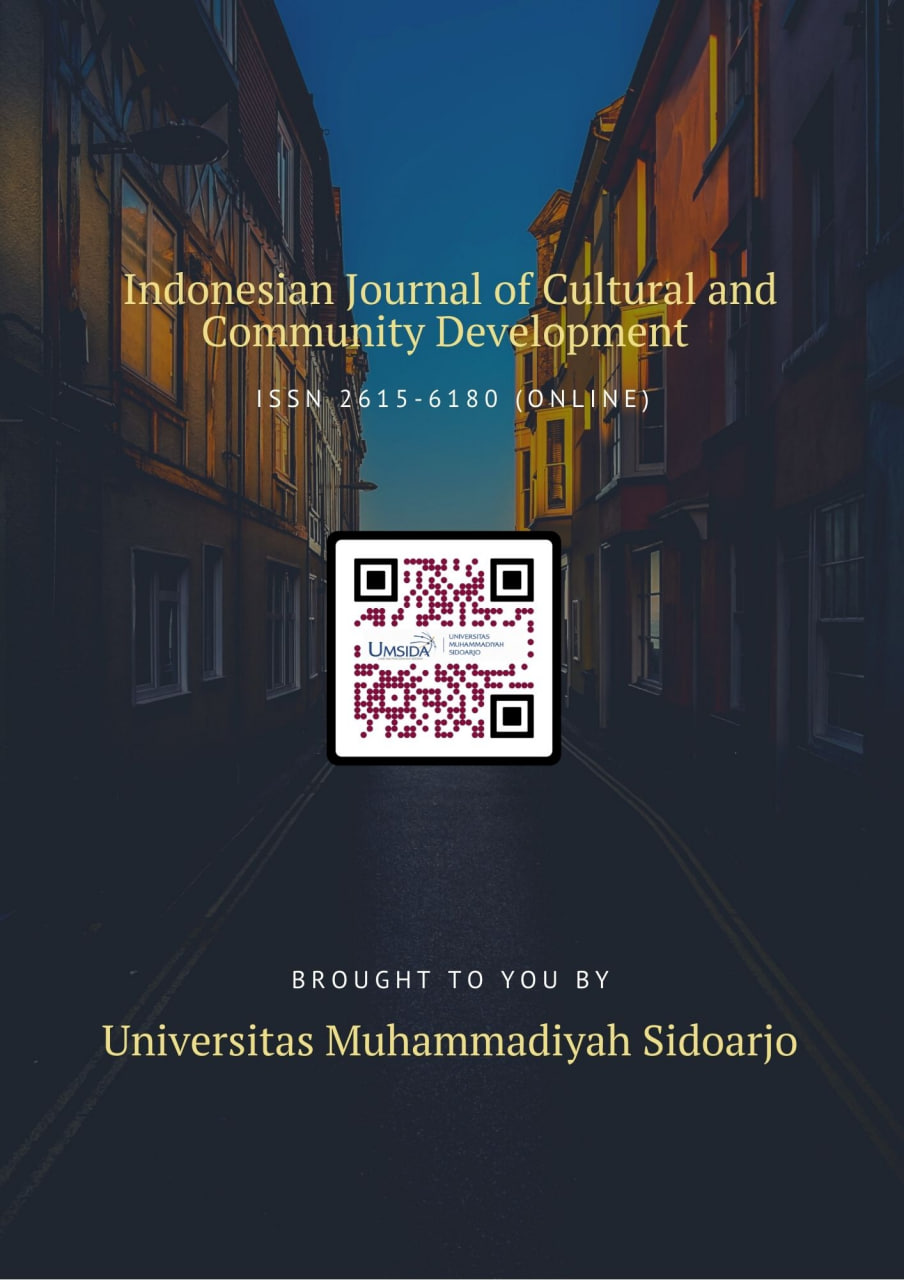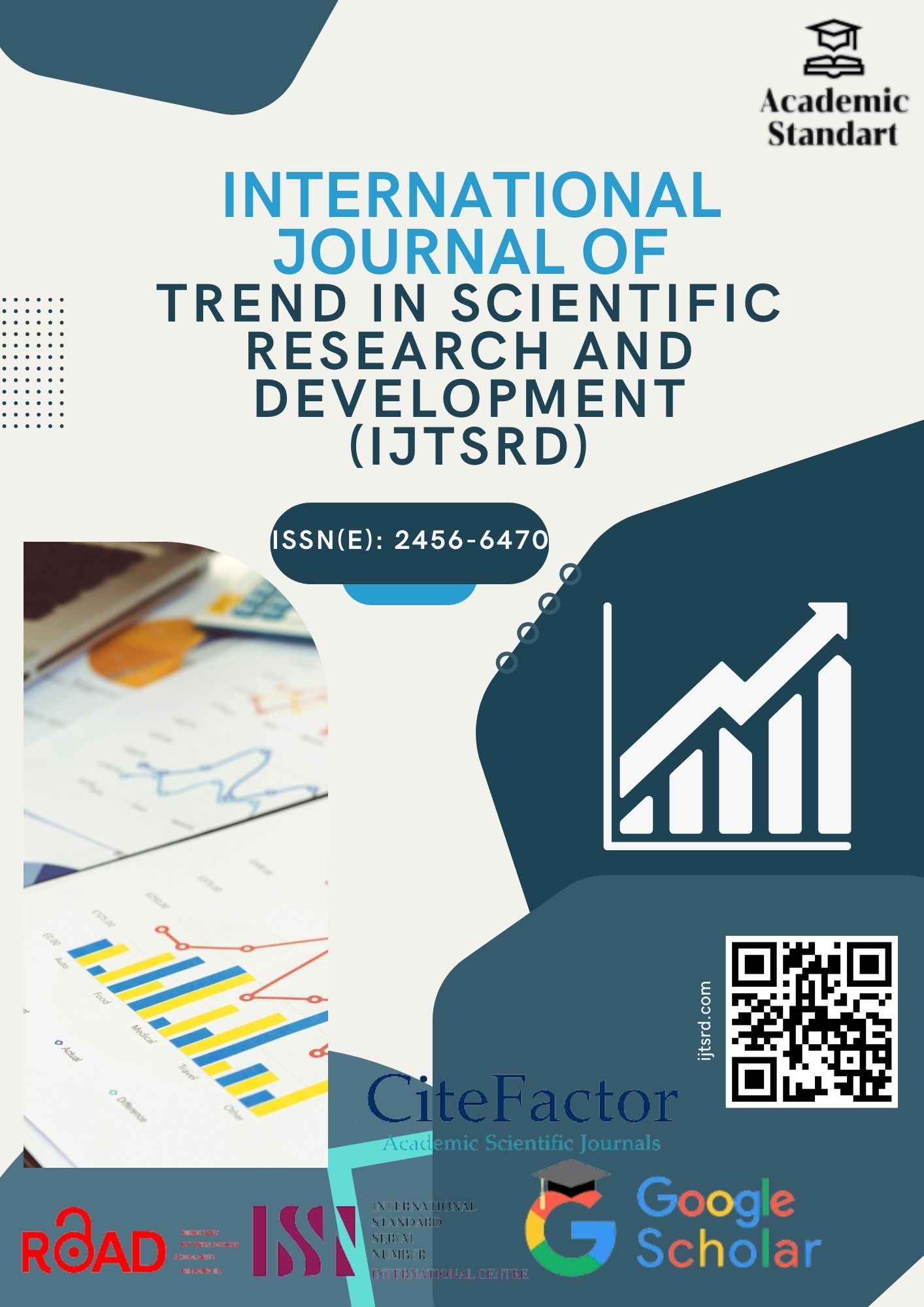Do you know about Google Scholar?
Google Scholar provides a full-text search for scientific publications of all formats and disciplines. Scholar’s search principles are the same as in regular Google, but the publications found here will be listed in order of the author’s rating, the number of links that are associated with the relevant publications, their relationship to other scientific literature, and the publication rating of the journal in which she printed.
For the publication found, you can get a bibliographic link. The possibility of creating and editing profiles of researchers, which contain information on citation, is provided. So, you can find out the Hirsch index based on publications indexed by Google Scholar and see who and where your articles are referenced.
Profiles are automatically created by the system and need manual editing. You can set up automatic sending to your e-mail notifications about the appearance of new materials, by keywords, by author, etc.
Google Scholar searches not only for articles available online, but also for articles available only in libraries or for money. “Scientific” search results are generated using links from “full-text journal articles, technical reports, preprints, dissertations, books and other documents, including selected web pages that are considered“ scientific ”.” In the search results, Google Scholar provides links to articles. Most of the links lead to pages containing brief information about the article; you may have to pay for access to the full text of the articles. “Advanced Search” allows you to search in specific magazines or articles. Search results are sorted:
by author rating;
the number of links to the article;
rating of articles citing the found article;
rating of journals in which the referenced articles are published;
rating of the magazine in which the article was published.
From the block “Cited in”, you can find a list of articles in which the article in question is cited. This feature, in particular, provides a citation index previously only available in Scopus and Web of Knowledge. This index can be used for webometric ranking of sites.
In the section “Related articles”, a list of articles similar in content to the article in question is displayed. Articles are ordered by degree of similarity with the article in question and by their importance.
The Google Scholar Hirsch Index is usually higher than that of Scopus, since it is calculated based on quoting any work (articles, monographs, abstracts, etc.) that are referenced in one form or another on the Internet.




